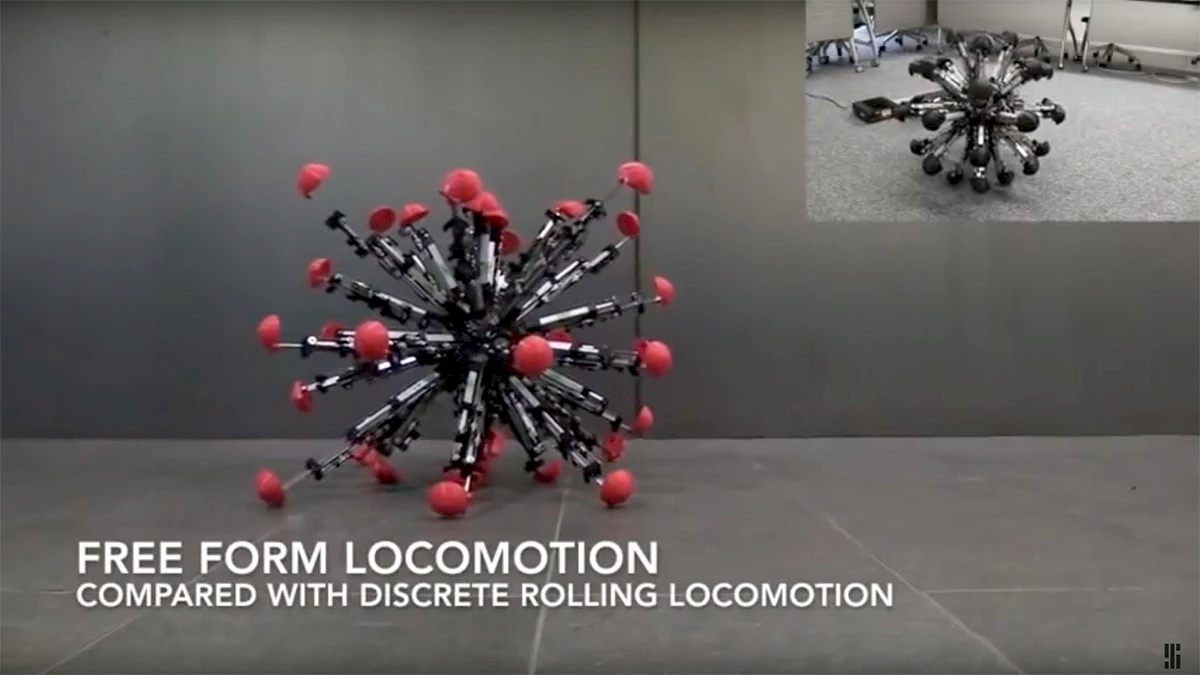Weekly Tech Recap - № 188 - Google Pixel 3, Microsoft <3 Linux, Mochibot, RIP Google+, Apple/Dialog

Google Pixel 3

Pixel 3. © Google.
Google just unveiled its third-generation Pixel 3 and 3 XL smartphones. The exterior design has evolved since the previous generation. Though the dimensions are the same, the aluminum back has been replaced by a glass panel and a big notch now features on the front face. As can be expected, the technical specs have more punch. Last year’s Snapdragon 835 processor has given way to the new 845 version. The screen and camera quality are improved. A wide-angle selfie-mode camera makes it a lot easier to take group shots. Both devices are now compatible with the Qi-standard wireless charger. The Pixel 3 runs Android 9 Pie. The whole point of a Google phone is to have the latest and greatest Android version. It comes in 3 colors (white, black, pale pink). Pixel 3 (64 GB) is offered at 800 USD and 3 XL (64 GB) at 900 USD, now available for preorder. You can add a storage capacity of up to 128 GB to either device for an extra 100 USD.
⇨ Circuit Breaker, “First look at Google’s Pixel 3 and 3 XL.”
⇨ Ars Technica, “Google Pixel 3 hands-on—Not the best first impression.”
Microsoft surrenders its patents to Linux

Microsoft campus, Redmond, Washington. © iStock.
Since the departure of Steve Ballmer, who was of the opinion that Linux was the pox for anything related to intellectual property, it’s been a veritable honeymoon between Microsoft and Linus Torvald’s brainchild. Latest installment in this new love affair: the Redmond firm announces that it signed up to participate in the Open Invention Network, a group of about 2,400 companies that have agreed to cross-license their patents on a royalty-free basis for use by the “Linux System”, a collection of projects including the Linux kernel, many tools and utilities built on top of Linux, and large parts of Android. Member companies promise not to assert their patent rights against the Linux Community. Microsoft has made billions from its extensive library of software patents. Notably, a number of Android vendors, including Samsung, pay the company a royalty on each phone they ship with exFAT file system. Giving up its claim to those revenues is sign of a sea change, not only for its business model but also its corporate culture. By joining OIN, Microsoft may be able to convince even the most jaundiced skeptics that it really does love Linux and open source.
⇨ Ars Technica, “Microsoft promises to defend—not attack—Linux with its 60,000 patents.”
Mochibot

Mochibot. © Keiō and Tokyo universities.
Mochibot is a strange and remarkable robot made of 32 individually actuated telescoping legs, developed by a team of researchers from the Keiō and Tokyo universities. Its shape—which looks like a sphere when it’s at rest—is based on a rhombic triacontahedron, which is a polyhedron with 32 vertices and 30 faces made of rhombuses (or rhombi). Each leg has three sections to extend it from 25 to 50 cm. The autonomy of each leg’s length enables the robot to keep its balance, to move smoothly and continuously in any direction, and to better deal with varied terrain. It looks like a big sea urchin moving in fast forward. Its motion is so complex that it’s taken machine-learning to figure out the algorithms. Mochibot weighs 10 kilograms, including the batteries.
⇨ IEEE Spectrum, “32-legged spherical robot moves like an amoeba.”
The End of Google Plus

© Google/iStock/Spiria.
Though it’s been quiet, Google Plus, the social network launched in 2011 to counter Facebook’s dominance, still exists. But not for much longer. After the Wall Street Journal reported that Google exposed the private details of some 500,000 Google+ users from 2015 to March 2018, Google has decided to take the axe to its ailing social network. During this period, the APIs made it possible for developers to view profile information not marked as public, including full names, email addresses, birth dates, gender, profile photos, places lived, occupation, and relationship status. Furthermore, what’s shocking about this whole business is that Google opted not to report the lapse, in part out of concern for the reputational damage this disclosure would cause. Over the next 10 months, Google plans to retire the consumer version. It will continue to make Google+ available to enterprise users.
⇨ Ars Technica, “Google+ shutting down after data leak affecting 500,000 users.”
Apple goes vertical with its purchase of Dialog Semiconductor

© iStock.
Apple is paying $300 million in cash for a portion of Dialog, including licensing power-management technologies, assets, and more than 300 employees. The company will advance an additional $300 million cash flow as an upfront for the components it will purchase over the next three years. The UK-based chipmaker specializes in power management, and all iPhones are loaded with a Dialog chip. Apple will run some of Dialog’s facilities in Livorno (Italy), Swindon (UK), Nabern and Neuaubing (Germany). Apple is earnest about gaining some autonomy in terms of processors and eager to rid itself of suppliers such as Qualcomm, Broadcom, and, maybe Intel for its phones.
⇨ Ars Technica, “Apple bets $600 million on improving Apple Watch, iPhone battery life.”
